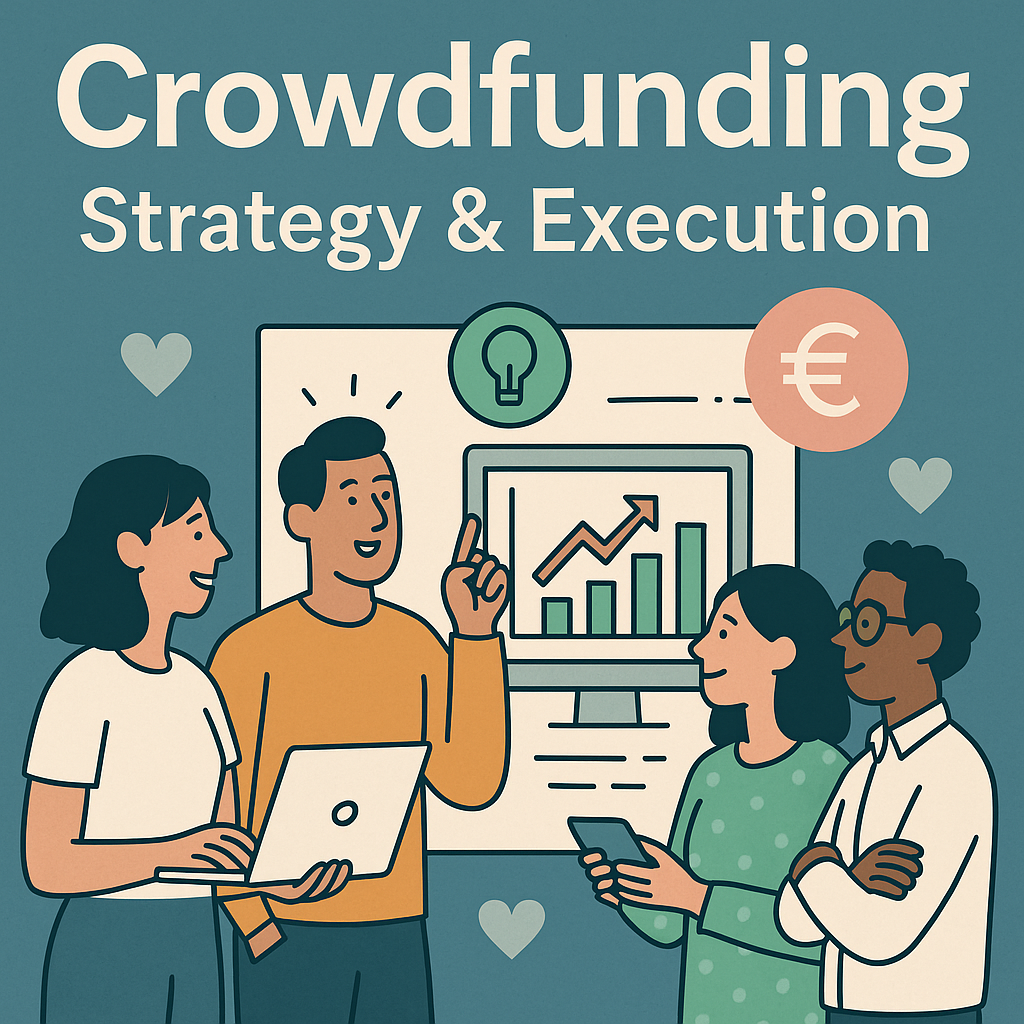

Crowdfunding
Take a look at any successful university crowdfunding platform and you’ll see it’s filled with inspiring projects funded by hundreds of donors. This post provides an insight into the methods used by universities who have effectively implemented their own crowdfunding platforms for students.
The University of York’s award-winning crowdfunding platform is run by one member of staff committing to 1-2 days a week overseen by a supervisor. Implementing a well planned strategy, The University of York saw a 33% increase in the number of people donating to the university and to students’ projects between 2012/13 – 2014/15.

Charts showing success of YuStart’s crowdfunding platform.
Here are three important components needed to run a university crowdfunding platform:
Figure out which communication channels are best to inform current students about their university’s crowdfunding platform.
“We initially worked with our Students’ Union to deliver key messages to our students through already existing (and successful) student focused communication channels. We also used opportunities like Freshers’ Week where we could speak to lots of students all at once. From there we used storytelling to deliver the impact of successful projects so that students could see that the platform was successful for other students and they felt encouraged to take part as a result.”
– Katherine Carter, Annual Giving Manager for the University of Southampton and Co-ordinator of their crowdfunding platform.
- Rally other stakeholders for support on social media. Careers departments, Enterprise and professors usually have a social media presence. Make sure they are aware of your activity!
- Hire an intern or volunteer to promote the platform directly to students on campus or run a stall at Freshers’ Fair. “Be creative, a student helper working a few hours a week could work wonders. Remember – students are your greatest ally – see how they can help! And if you are really stretched for resource – they might volunteer as an intern in your office for a couple of weeks or months. They can put posters up around campus, do short guest spots before lectures and work with your SU to raise awareness of the platform and help build a pipeline of projects.” -Ralitsa Padalska, former YuStart Co-ordinator for The University of York
Once students start submitting projects, there has to be a degree of commitment to educate students on what it takes to successfully crowdfund. Direct students to crowdfunding resources all over the web and educate yourself on best practises.
Try running a crowdfunding workshop. “We hold mini workshops for each project that is considering using the platform. We go over everything that makes a project successful and how they can make the most of their project. We also work with them to look at their wider fundraising strategy so they can look to build on the experience after their project has finished.” – Katherine Carter, Annual Giving Manager for the University of Southampton and Co-ordinator of their crowdfunding platform. Students who have successfully crowdfunded often have a positive association with their university and encourage other students to start a project.
“The best publicity you can get on campus is being able to say that the projects on the platform are successful. That excites more and more students to use the site and by default raises awareness about the possibility of running a crowdfunding campaign. After all, students are your main audience; make sure they are happy with their experience of running a project and it is guaranteed that everyone in their network will know about it!” -Ralitsa Padalska, former YuStart Co-ordinator for The University of York
In the long term, you’ll want to think about how to integrate your platform with your alumni engagement strategy. How can you keep students who have either donated to a project or run their own project, engaged in the years after they graduate? One technique you could use is to setup automatic questions that are presented to each donor directly after they have donated to a project. For example: ‘would you consider a monthly gift?’ or ‘do you want to receive news about your university?’. 11% of donors agree they would consider making a regular gift to UCL to help support other initiatives. 13% of donors from SOAS would consider making a regular gift.


By clicking “Accept”, you agree to the storing of cookies on your device to enhance site navigation, analyze site usage, and assist in our marketing efforts. View our Privacy Policy for more information.


